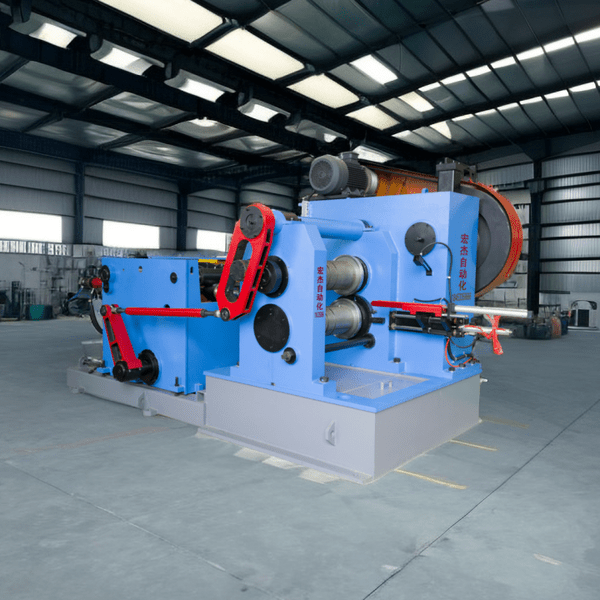Forging is a vital manufacturing process in which metal is plastically deformed under immense pressure and heat to create high-strength components. At our facility, we employ advanced forging machines to produce critical automotive parts with superior mechanical properties.We take care of the quality standards.

- Roll Forging
Roll forges employ two or more rotating dies to progressively shape the workpiece as it passes between them.
Precise control over temperature, force, and die geometry is critical in forging operations to achieve the desired material flow and microstructure.
How Forging Machines Work?
Forging machines exert tremendous force to compress and reshape heated metal billets or slugs into the desired geometry. With complete safety and professionalism we make the working environment more secure. There are several types of forging processes and each process has its own specialised equipment like,
- Hammer Forging
A hammer forge uses a powerful ram to deliver blown strikes onto the heated workpiece, progressively shaping it between dies or tooling.
- Press Forging
A mechanical or hydraulic press applies continuous squeezing force to deform the hot metal within closed die impressions.
- Upset Forging
An upset forging machine compresses the workpiece axially, increasing its cross-sectional area while reducing its length.
Precise control over temperature, force, and die geometry is critical in forging operations to achieve the desired material flow and microstructure.
Applications in Automotive Manufacturing
Crankshafts and connecting rods
Driveshafts and axle shafts
Suspension components (control arms, knuckles)
Steering components (knuckles, arms)
Wheel hubs and spindles
By carefully controlling the forging parameters and employing advanced die materials and lubricants, we ensure consistent quality and high production rates for these vital drivetrain and chassis components. At IGS we have all you need.